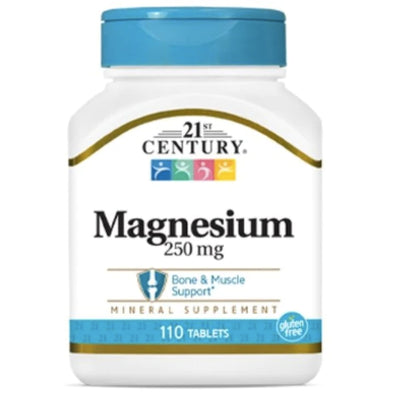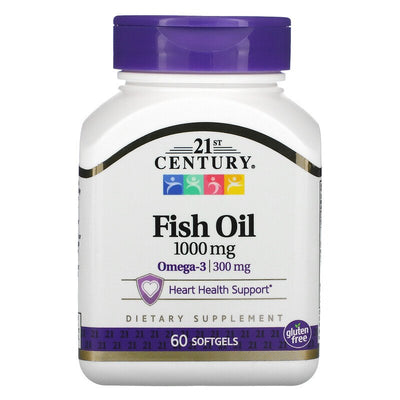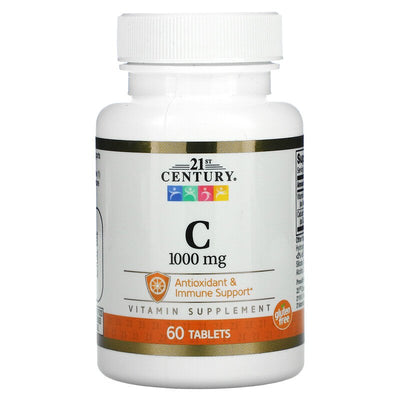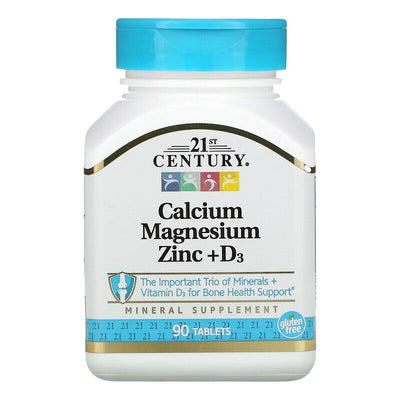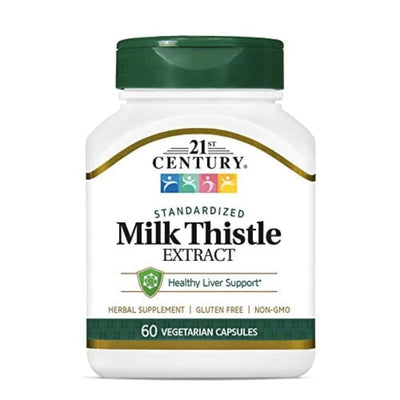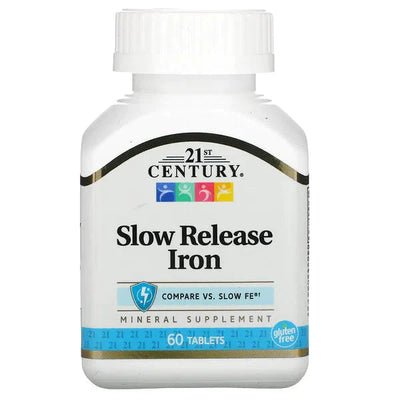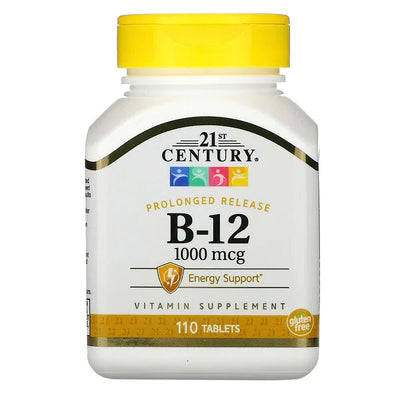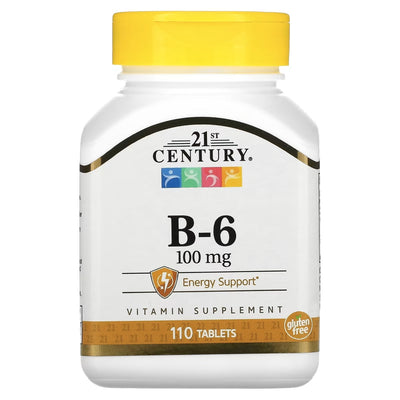
Creatine and Protein Synthesis: Understanding the Connection
What is Protein Synthesis?
Protein synthesis is the biological process by which cells build proteins. In the context of muscle growth, protein synthesis refers to the creation of new muscle proteins, which is essential for muscle repair and growth. This process is influenced by various factors, including hormonal signals, nutrient availability, and the mechanical stress of exercise.
The Role of Creatine in Protein Synthesis
Creatine's primary function in the body is to help regenerate ATP (adenosine triphosphate), the primary source of energy for muscle contractions. Here's how creatine connects to protein synthesis:
Enhanced Energy Supply
By increasing the availability of ATP, creatine ensures that muscle cells have the necessary energy to perform cellular functions, including protein synthesis. During and after workouts, the enhanced energy availability helps support the increased demands of muscle repair and growth.
Increased Workload Capacity
Creatine allows athletes and bodybuilders to train harder and longer by enhancing their strength and power output. This increased training intensity induces more significant mechanical stress on the muscles, which is a key driver of muscle hypertrophy through heightened protein synthesis.
Improved Cell Signaling
Creatine supplementation has been shown to enhance cell signaling pathways that activate protein synthesis. This includes increasing the activity of satellite cells, which are crucial for muscle repair and growth. Satellite cells provide additional nuclei to muscle fibers, increasing their ability to produce proteins.
Reduced Protein Breakdown
Creatine may help decrease the rate of protein breakdown within muscles. This not only preserves muscle mass but also ensures that a greater balance of nitrogen exists, which is favorable for muscle gain as it indicates a higher rate of protein synthesis relative to breakdown.
Creatine and Muscle Recovery
Post-exercise muscle recovery is critical for allowing protein synthesis to occur, leading to muscle hypertrophy. Creatine aids in this recovery by:
- Reducing muscle damage: Lower levels of muscle damage mean less repair work is needed, allowing the body to focus more on building new muscle tissue.
- Decreasing inflammation: By mitigating inflammatory responses, creatine can enhance the overall environment for muscle recovery and growth.
Implementing Creatine for Optimal Muscle Growth
To maximize the benefits of creatine for protein synthesis and muscle growth, consider the following tips:
- Supplement Timing: While creatine can be effective regardless of timing, taking it post-workout can be particularly beneficial for utilizing the insulin spike from a post-exercise meal, which helps drive more creatine into muscle cells.
- Consistent Supplementation: Keeping muscle creatine levels saturated is key, so regular daily intake is important—even on non-training days.
- Adequate Protein Intake: Creatine will be most effective in conjunction with sufficient dietary protein, as amino acids are the building blocks required for protein synthesis.
- Hydration: Increased creatine levels can lead to more water retention in muscles, so adequate hydration is crucial to support cellular processes and overall health.
Conclusion
Understanding the connection between creatine and protein synthesis provides insight into how creatine contributes to muscle growth beyond its immediate energy-boosting effects. By supporting energy production, enhancing training performance, and promoting a more favorable environment for muscle repair and growth, creatine is a valuable supplement for anyone looking to increase muscle mass and improve recovery. As always, consult with a healthcare provider before starting any new supplement regimen, especially to ensure it aligns with your overall health goals and dietary needs.
- #athlete
- #BODY BUILDING
- #bodybuilding
- #cognition
- #cognitive support
- #creatine
- #creatine monohydrate
- #Deals
- #discount
- #endurance
- #fat burner
- #fat loss
- #muscle building
- #muscle growth
- #ringwood
- #sale
- #springvale
- #supplement
- #supplement shop
- #supplement store
- #supplement store near me
- #supps247
- #tranformation
- #vitamins and minerals
- #WEIGHT LOSS
- #WEIGHT LOSS SUPPLEMENT
Share








